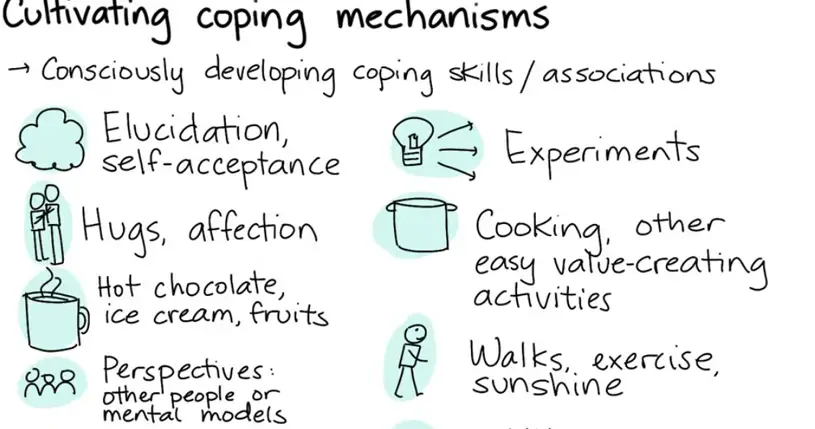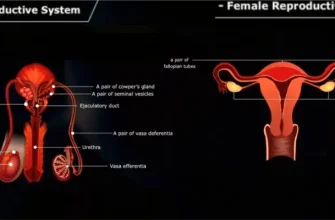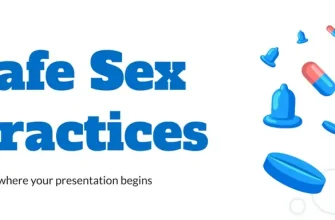Breakups are a common experience, with many people going through at least one significant romantic split in their lifetime. According to the American Psychological Association (APA), the end of a relationship can trigger a complex array of emotions, including sadness, anger, confusion, and even relief. Understanding how to navigate this emotional landscape is crucial for personal growth and healing.
The Emotional Impact of Breakups

The psychological effects of a breakup can be profound. Individuals may experience symptoms such as depression, anxiety, insomnia, and changes in appetite. Emotional pain after a breakup can feel intense and overwhelming, sometimes comparable to physical pain due to the activation of similar neural pathways in the brain. A study published in the Proceedings of the National Academy of Sciences found that social rejection activates regions of the brain associated with physical pain, highlighting the tangible impact of emotional distress.
Effective Coping Mechanisms

Navigating the aftermath of a breakup requires effective coping strategies. Here are some evidence-based techniques:
- Allow Yourself to Grieve: Acknowledge your emotions without judgment. Grieving is a natural process that aids in healing. The Kübler-Ross model outlines five stages of grief—denial, anger, bargaining, depression, and acceptance—that individuals may experience.
- Maintain a Routine: Sticking to a regular schedule can provide a sense of normalcy and control. A study in the Journal of Abnormal Psychology suggests that maintaining daily routines helps reduce stress and promotes emotional stability.
- Practice Mindfulness and Meditation: Mindfulness techniques can reduce stress and improve emotional regulation. Meditation helps in staying present and can alleviate symptoms of depression and anxiety. A 2019 meta-analysis in the Clinical Psychology Review found that mindfulness-based interventions are effective in reducing psychological distress.
- Engage in Physical Activity: Regular exercise releases endorphins, which are natural mood enhancers. The World Health Organization recommends at least 150 minutes of moderate-intensity aerobic physical activity throughout the week. Physical activity can also improve sleep patterns and reduce stress levels.
The Role of Social Support

Social support plays a vital role in recovery. Research indicates that individuals with strong social networks recover more quickly from emotional distress. A study in the American Journal of Psychiatry found that social support significantly reduces the risk of developing depression after stressful life events.
Friends and family can provide empathy, distraction, and practical assistance. Sharing your feelings with trusted individuals can alleviate feelings of isolation and help you gain new perspectives. Joining support groups, either in-person or online, can connect you with others who are experiencing similar challenges, fostering a sense of belonging and mutual understanding.
Professional Help

Sometimes, the pain of a breakup may necessitate professional intervention. The APA suggests seeking therapy if you experience prolonged symptoms of depression, have thoughts of self-harm, or find it challenging to perform daily tasks.
Cognitive-Behavioral Therapy (CBT) is particularly effective in addressing negative thought patterns associated with breakups. A meta-analysis in the Journal of Consulting and Clinical Psychology indicates that CBT is effective in treating emotional distress following significant life changes. Therapy can provide coping strategies, emotional support, and tools for personal growth.
Rebuilding Self-Identity

Breakups often lead to a loss of self-identity, especially after long-term relationships. Rebuilding this identity involves:
- Self-Reflection: Journaling or engaging in introspective activities can help you process emotions and rediscover personal interests. According to a study in the Journal of Personality and Social Psychology, self-reflection can lead to greater self-awareness and personal development.
- Setting Goals: Establishing short-term and long-term goals can provide direction and a sense of purpose. Goal-setting theory suggests that setting specific and challenging goals leads to higher performance and satisfaction.
- Learning New Skills: Engaging in new hobbies or educational pursuits can boost self-esteem and expand your social network. The European Journal of Personality reported that learning new skills contributes to personal growth and well-being.
Psychologists emphasize that personal growth following a breakup is common and can lead to increased life satisfaction. Embracing new opportunities and focusing on self-improvement can transform a challenging experience into a positive journey.
Dealing with a breakup is a challenging journey, but it’s also an opportunity for personal growth and self-discovery. By understanding the emotional impact, utilizing effective coping strategies, leaning on social support, and seeking professional help when necessary, you can navigate this difficult time. Remember, healing is a personal process, and it’s okay to take the time you need to rediscover happiness and fulfillment.
References:
- American Psychological Association. (n.d.). Recovering from a Breakup. Retrieved from www.apa.org
- Kross, E., et al. (2011). Social rejection shares somatosensory representations with physical pain. Proceedings of the National Academy of Sciences, 108(15), 6270–6275.
- Hofmann, S. G., et al. (2010). The effect of mindfulness-based therapy on anxiety and depression: A meta-analytic review. Clinical Psychology Review, 30(6), 561–570.
- World Health Organization. (2020). Physical Activity. Retrieved from www.who.int
- Kendler, K. S., et al. (2005). Stressful life events, genetic liability, and onset of an episode of major depression in women. American Journal of Psychiatry, 162(5), 833–840.
- Hayes, A. M., & Feldman, G. (2004). Clarifying the construct of mindfulness in the context of emotion regulation and the process of change in therapy. Clinical Psychology: Science and Practice, 11(3), 255–262.

Hayden McKee
Relationship Editor
Born in 1977 in Austin, Texas, Hayden graduated with a Bachelor’s in Psychology from the University of Texas at Austin in 2009 and earned a Master’s in Social Psychology from the University of Colorado Boulder in 2011.
With over 10 years of experience in relationship counseling and content creation, Hayden has worked with more than 300 clients and authored dozens of articles on intimacy, communication, and modern dating trends. Passionate about fostering healthy relationships, Hayden brings a blend of academic insight and practical advice to EroticThreads readers.








